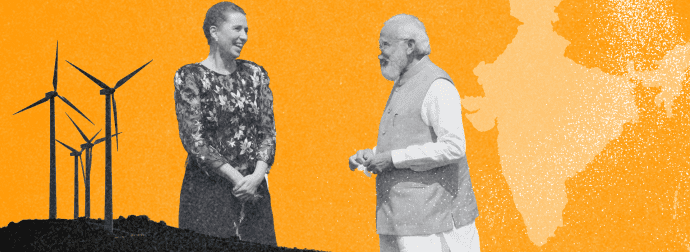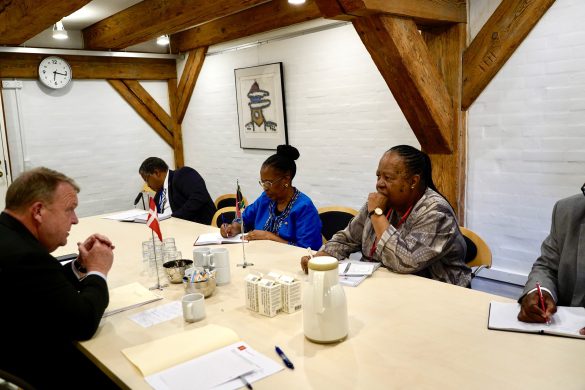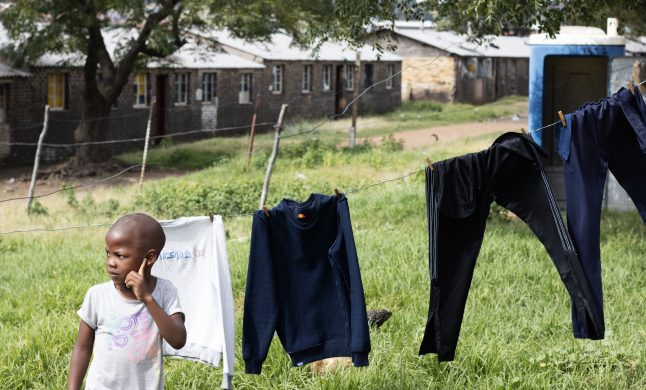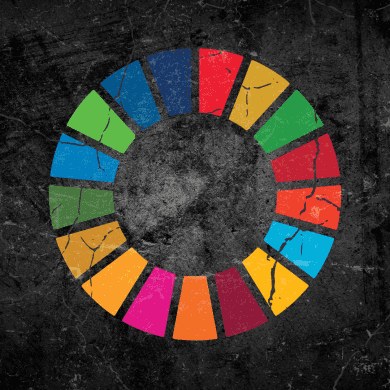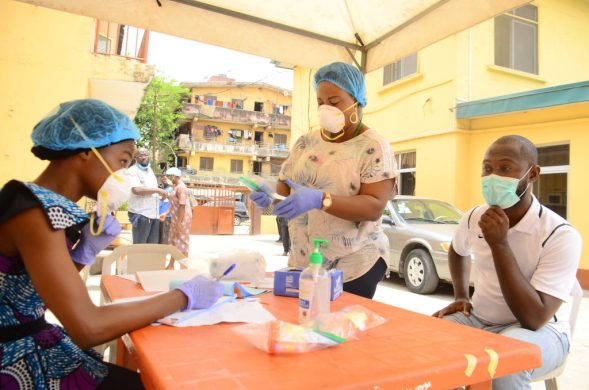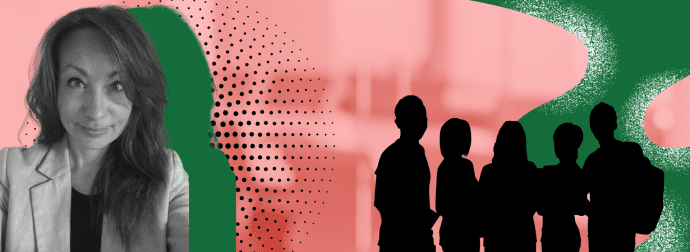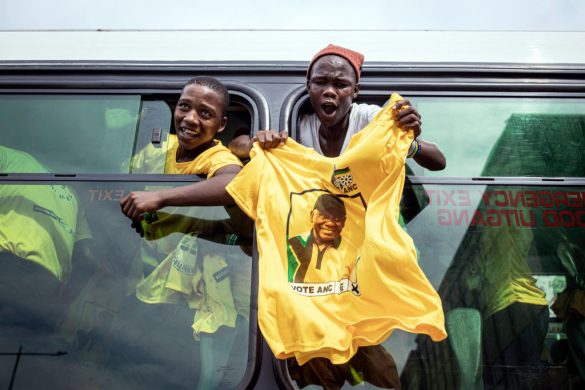Af Asger Ryhl, Direktør for UN Womens Nordiske kontor
Mens verden udformer den nye globale dagsorden mod 2030, vurderer fremskridtene efter Beijing-erklæringen og handlingsplanen fra dengang og læser på lektien fra 2015 Målene, står vi ved en kritisk korsvej og har en enestående chance for at skrive en helt ny historie for kvinder og piger.
There has not been a moment like this since 1995 in Beijing. It is a critical juncture for all of us to play a decisive role in influencing the new world of post-2015. We now have evidence from the MDGs (2015 Målene) on what is to be done to end poverty, inequality and to give peace a chance.
We know for sure that without a clear roadmap for gender equality, the sustainable development goals (SDGs) are not achievable. Gender equality is a precondition for sustainable development.
There is a unique historical moment. The moment is the year 2015. It is a once-in-a-generation opportunity.
The moment is:
Marking 20 years after Beijing — 1995 to 2015;
Marking the end of 15 years of MDGs — 2000 to 2015;
Marking the ushering in of 15 years of SDGs — 2015 to 2030;
Marking 15 years of Security Council Resolution 1325 on Women, Peace and Security — 2000 to 2015.
For women and girls, 2015 cannot be a year for business as usual. It is historic.
For you and for us at UN Women, we must rise to the occasion and seize this moment.
One of the key lessons of the MDGs is that gender equality, women’s empowerment, and the human rights of women and girls are essential prerequisites to progress overall.
Gender inequality is still today the most pervasive form of inequality around the world and a pressing human rights concern. Progress on gender equality is fundamental for realizing human rights for all, creating and sustaining peaceful societies, and achieving sustainable development in all three dimensions.
Status quo must be challenged
The post-2015 development agenda must challenge the status quo and achieve structural change, meaning that we must achieve substantive equality and not stop at formal equality. This entails that human rights standards and obligations must be embedded in goals, targets and indicators of the new development framework.
The Beijing Declaration and Platform for Action is our most comprehensive implementation strategy and the most progressive blueprint ever for advancing women’s rights.
As mandated by the ECOSOC last year, we at UN Women are carrying out a comprehensive assessment of the progress made and challenges remaining of the implementation of the Beijing Platform for Action at national, regional and global levels. So far, out of the 193 UN Member states, 154 have submitted their national Beijing+20 report. This is a record achievement.
In March next year, at the fifty-ninth session of the Commission on the Status of Women, we will give you a report on the status of women 20 years after the Beijing Declaration, based on the reports UN Member States have submitted to us.
In all preparations, governments are called upon to collaborate with relevant stakeholders, in particular non-governmental organizations and women’s organizations, so as to benefit from their experience and expertise.
In addition to the national reviews, the five regional commissions are conducting regional reviews, and UN Women is collaborating with the regional commissions. The related intergovernmental meetings are scheduled to take place in November and December this year.
Based on the review process, UN Women will prepare the Report of the Secretary-General on the implementation of the Platform of Action. The report will provide a global assessment of progress made and challenges remaining for each of the 12 critical areas. An Expert Group Meeting will be held in New York, from the 3rd to the 5th of November, to gather the latest research and evidence on effective strategies to realize women’s and girls’ human rights.
Flagship report
In addition, UN Women will prepare a flagship report on women’s economic and social rights – as part of UN-Women’s ‘Progress of the World’s Women’ series – as well as a series of policy briefs on various issues related to the Beijing Platform for Action and emerging issues throughout 2015.
All these knowledge products will be extremely valuable for decision-makers to inform policies and actions to accelerate progress towards gender equality, especially in the context of the post-2015.
Commit to a better future for women
But it’s not only about reviews and reports, we will also celebrate Beijing+20 in New York next year as part of the Commission on the Status of Women. The purpose of this event is to celebrate the achievements and gains women and girls have made since Beijing, through tireless work of women’s organizations and gender advocates, like all of us sitting in this room today.
And in September 2015 we will ask each Head of State to commit to a better future for women 20 years after Beijing and to indicate how the new commitments will be resourced. We will align the Beijing Platform for Action with the post-2015 agenda for effectiveness.
UN Women was very pleased to see the Open Working Group proposal on the Sustainable Development Goals (SDGs) include a strong, dedicated gender equality goal. Indeed, looking back over the past 17 months since the Open Working Group began its work, we have seen a groundswell of support for ensuring gender equality and women’s empowerment is robustly addressed in the new generation of Sustainable Development Goals.
The proposed targets in the gender goal go much further than MDG 3, by addressing key structural constraints to gender equality, including gender-based discrimination, violence against women and girls, harmful practices such as early, child and forced marriage, women’s disproportionate share of unpaid care work, lack of equal participation in decision-making in political, economic and social life, and lack of access to sexual and reproductive health and rights.
It was also very welcome to see important gender equality targets included in other goals. Commitment and action in all these areas really has the potential to transform gender relations and the lives of women and girls everywhere.
Stronger targets wanted
That said, as UN Women going forward, we would still like to see stronger language in some targets, to deliver real change for women and girls. Specifically, we would like to see included a stronger target on sexual and reproductive health and reproductive rights, which recognizes that these concepts have advanced since the Beijing Platform for Action and ICPD, as well as a substantive target on access to resources including land.
Looking forward, we now need to also focus much more on not only the “what”, but also the “how” – the means of implementation. Let me very briefly highlight three key issues in this regard.
Sex disaggregated data
First, we must ensure that we have robust data and evidence that can demonstrate whether progress is being made – and for whom. Data for all targets and indicators in the post-2015 development agenda must be disaggregated by sex, income, social group, age, disability and socio-economic status, to really capture inequalities and disparities. However, we don’t just need a data revolution – we need a gender data revolution, if we’re really going to measure progress and ensure women’s rights are fully realized.
Second, as countries are localizing the goals and targets, it’s vitally important that we have an enabling environment in place to support new gender equality commitments. This means ensuring supportive national laws and policies are in place, in line with international human rights commitments. Most urgently, it means amending or over-turning laws and policies that continue to discriminate against women.
Third, and finally, we must have adequate investment in gender equality and women’s rights. This is vital if new commitments to gender equality are to become a reality. Because as OECD-DAC analysis has shown, while funding for gender equality has increased between 2002 and 2012, in some sectors such as women’s role in peace and security, women’s leadership, and sexual and reproductive health and rights, it remains very low. And very worryingly, funding for economic empowerment has stalled since 2007. This has to change.
Greater fokus on human rights
Looking forward, therefore, it will be very important to keep the level of ambition high – if not to raise it even higher. Especially critical will be to ensure a much greater focus on human rights throughout the framework, to better recognize the important linkages between the enjoyment of human rights, and all three dimensions of sustainable development. Retaining a strong focus on addressing multiple, intersecting forms of inequality and discrimination will be key.
If the new post-2015 agenda is to make a real difference, it must be transformative, and really tackle the structural inequalities that underpin gender inequality and gender-based discrimination, and which ultimately constrain sustainable development.
It must be universal, because poverty increasingly occurs in middle-income and fragile states, as well as in less developed countries – and because gender inequality is a universal problem that requires global solutions. And it must be rights based, with equality, non-discrimination, greater accountability and gender equality and women’s empowerment at its center.
The timeframe for the Sustainable Development Goals (SDGs) — 2015 to 2030 — can and must be used to break the back of discrimination against women and girls. This must be a period that will enable the 21st century to be regarded as the century that empowered women and empowered humanity.
Asger Ryhl holdt ovenstående indlæg “What progress has been made since the BPfA was outlined – what still needs to be done?” på den internationale konference om kvinders rettigheder og ligestilling før og efter 2015 – arrangeret af KULU i samarbejde med FN-forbundet og Radikale Venstre og med støtte fra UN Women Nordic Office.


